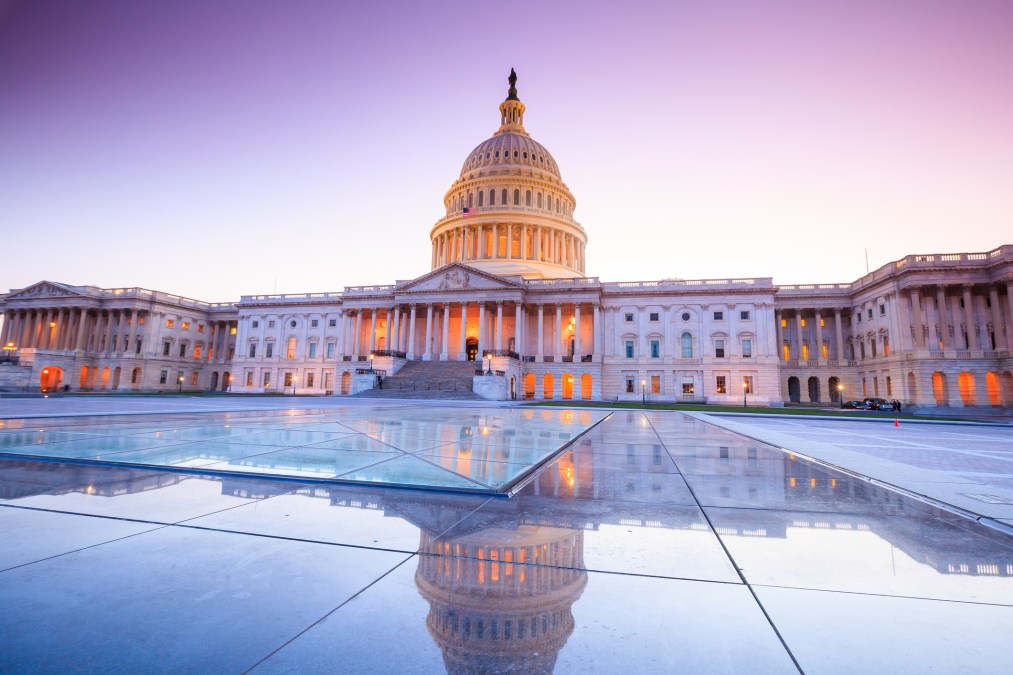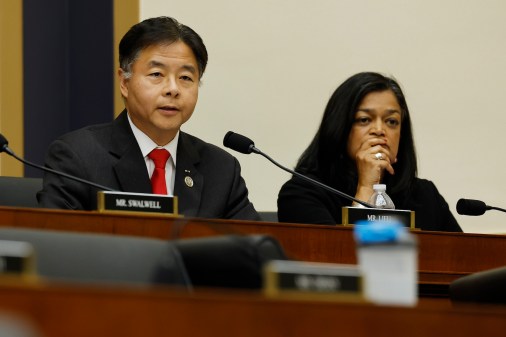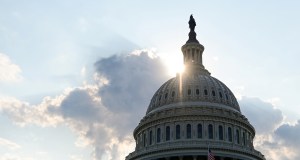Here’s how technology vendors can navigate the legislative branch

Congress can be a difficult place for technology vendors to do business.
The legislative branch’s “unique, fragmented and opaque rules” set a barrier to entry that can keep even vendors with experience in other areas of government out of the loop. But a new white paper from Future Congress aims to lay out the rules of the road for vendors and civic hackers who’d like to help Congress function better.
The paper gives a little information on everything from the governance structure of IT in the House and Senate to the acquisition rules and practices that govern the $288 million in IT spending Congress does each year.
In both chambers, acquisitions generally fall into the categories of “formal procurement,” authorized acquisition or unauthorized acquisition. The “formal procurement” is the more organized and structured of the three — tech acquired here generally serves the institution as a whole.
But individual member offices in the House and Senate also have the ability to acquire necessary software — ideally from vendors approved by the chamber’s respective IT governance overseer. In the House this is the Office of the Chief Administrative Officer (CAO), and in the Senate it is the Office of the Senate Sergeant at Arms (SAA). The paper notes, however, that approval is “not strictly enforced” by either office, so member offices often end up using software services that are noncompliant with the body’s IT governance rules. Examples of these “unauthorized acquisitions” include digital productivity software services like Slack, Dropbox and Evernote.
The paper also gives recommendations for how Congress can “facilitate a better and more effective IT landscape.” These include the creation of a Congressional Digital Services (CDS) and an increase in the ceiling on congressional staff pay to attract more tech-savvy talent. Additionally, it states, the CAO and SAA should attempt to become more approachable, perhaps by creating dedicated help desks for tech vendors and civic hackers.
Future Congress, which was created by a group of about 20 bipartisan advocacy organizations in October 2018, is a “resource hub” dedicated to “efforts to improve science and technology expertise in the legislative branch.” The cohort now includes some academic centers, companies and a list of individuals as well.






